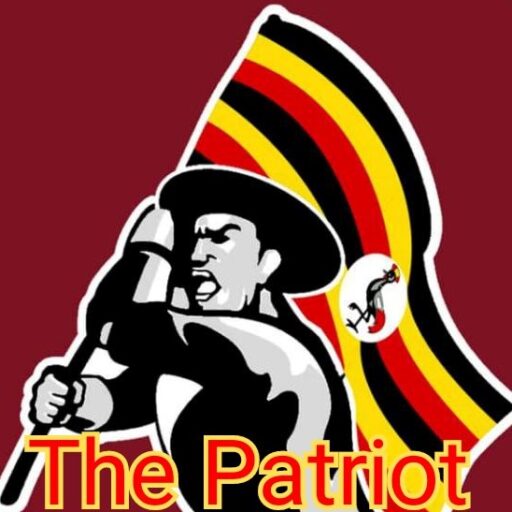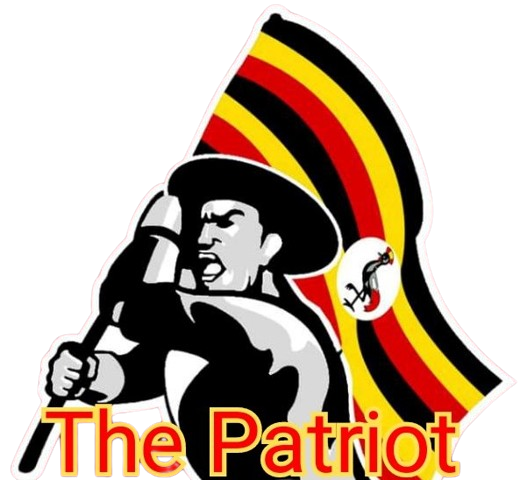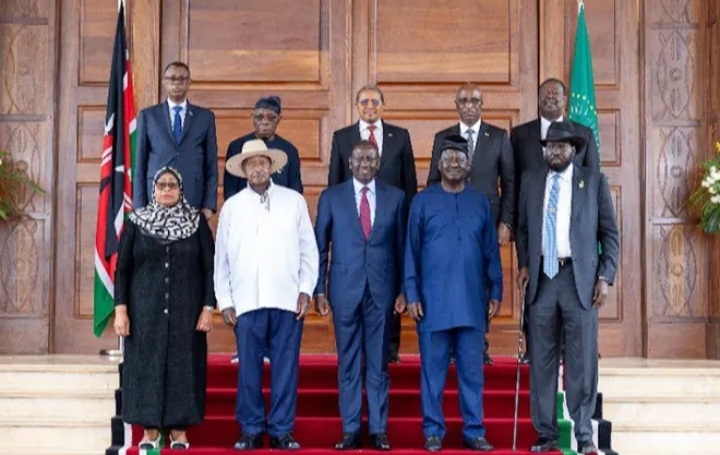By Patriot Corps
Former Prime Minister Raila Odinga is facing an increasingly competitive race for the African Union Commission (AUC) chairmanship, with diplomatic maneuvers intensifying more than four months before the vote. Following his recent endorsement by the East African Community, Odinga now faces a formidable challenge from Djibouti’s Mahmoud Ali Youssef, who has secured the backing of the Organization of Islamic Cooperation (OIC).
The OIC’s decision, reportedly made by its Foreign Ministers during a session in Cameroon on August 29-30, reflects a significant shift in support. Djibouti’s ambassador to Saudi Arabia, Dya-Eddine Bamakhrama, confirmed the OIC’s endorsement on X, noting that the bloc’s 27 African members could pose a considerable challenge to Odinga’s campaign.
Notably, key OIC member states such as Algeria, Egypt, Libya, and Morocco have also put forward candidates for the AUC deputy chairperson position. This development suggests a strategic alignment with other regions, potentially East Africa, to ensure their candidates succeed. However, some OIC members, including Uganda and Nigeria, are believed to be backing Odinga, adding another layer of complexity to the race.
Odinga’s path to victory is further complicated by the entry of other candidates, including Anil Gayan from Mauritius and Richard Randriamandrato from Madagascar. According to governance expert Ahmed Hashi, Odinga faces an uphill battle. Hashi predicts that Odinga could struggle to secure even a slim majority, as the election is likely to be influenced by linguistic and regional divides within the AU, with French-speaking nations particularly poised to rally behind Djibouti.
Historically, the AUC has been dominated by Francophone leaders, with only one of the past five chairs, South Africa’s Nkosazana Dlamini-Zuma, hailing from Anglophone Africa. This historical precedent could work against Odinga, especially with Madagascar, a member of the Southern African Development Community (SADC), also contesting the chairmanship.
Further complicating the dynamics, countries like Niger, Guinea, Burkina Faso, Gabon, and Mali, which are currently suspended from the AU, will not participate in the vote. The AU elections will also coincide with other significant continental appointments, including the presidencies of the African Development Bank and the Commonwealth Secretariat, adding to the strategic horse-trading that could impact Odinga’s chances.
Kenya’s diplomatic efforts will need to intensify if Odinga is to overcome these challenges. While Odinga has a strong pan-Africanist reputation and has served as the AU Infrastructure Envoy, questions about his age and the broader geopolitical landscape could hinder his bid. The absence of key East African leaders, such as Rwanda’s Paul Kagame and the Democratic Republic of Congo’s Felix Tshisekedi, at Odinga’s campaign launch has already raised concerns about regional unity behind his candidacy.
Professor Macharia Munene, an expert in international relations, highlighted the potential impact of these absences, noting that divisions within the East African Community could weaken Odinga’s position. Meanwhile, former Nigerian President Olusegun Obasanjo, a once-powerful figure in African politics, may no longer be able to significantly influence the outcome in Odinga’s favor.
To counter these obstacles, experts suggest that Kenya must engage in robust diplomatic outreach, particularly with countries that have their own candidates in the race. Raila Odinga will need to focus exclusively on his campaign in the coming months, building trust and connections across the continent. His ability to present a compelling vision for the AU, while navigating the intricate regional and linguistic alliances, will be crucial in determining whether he can secure the AUC chairmanship.


